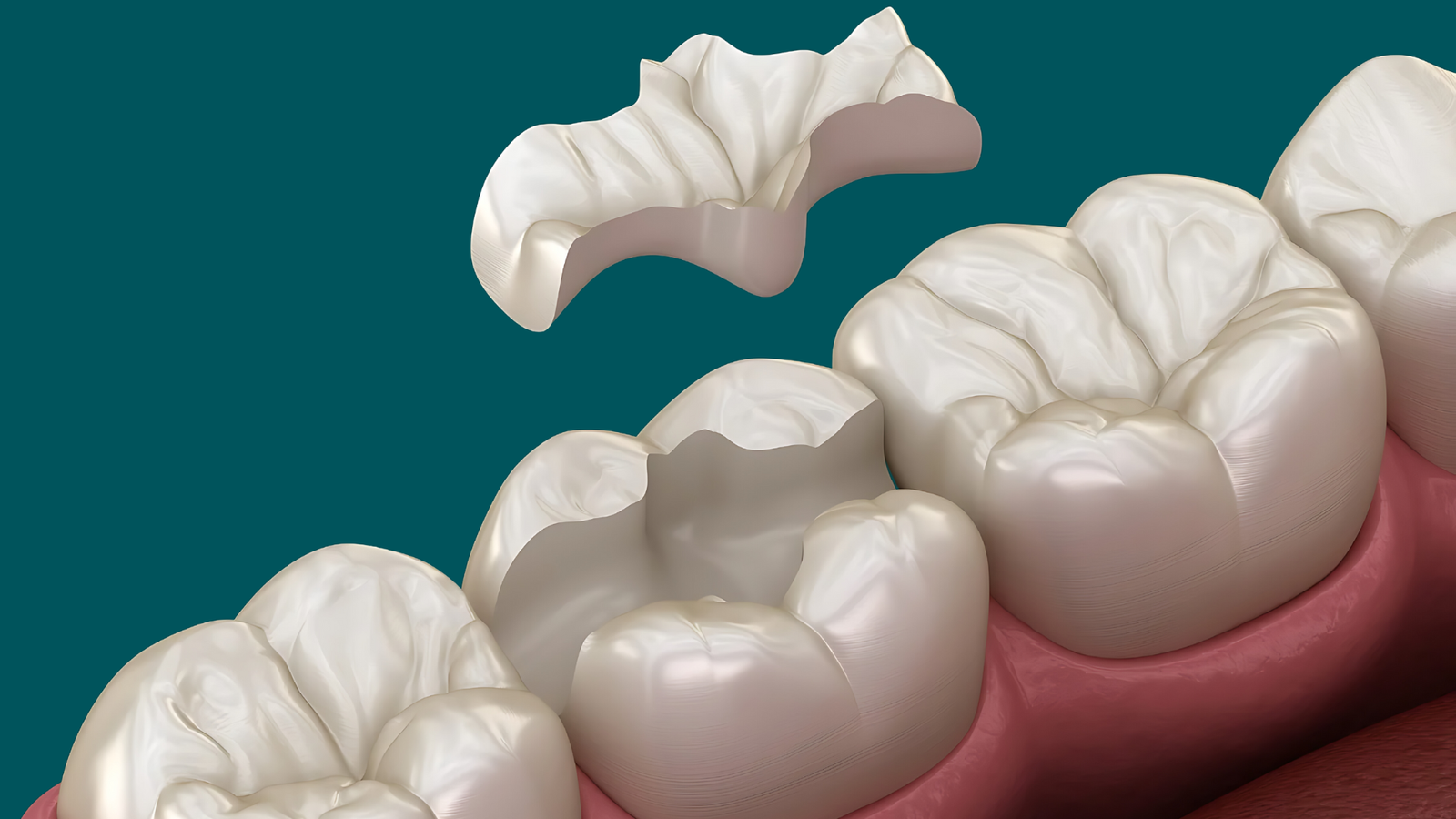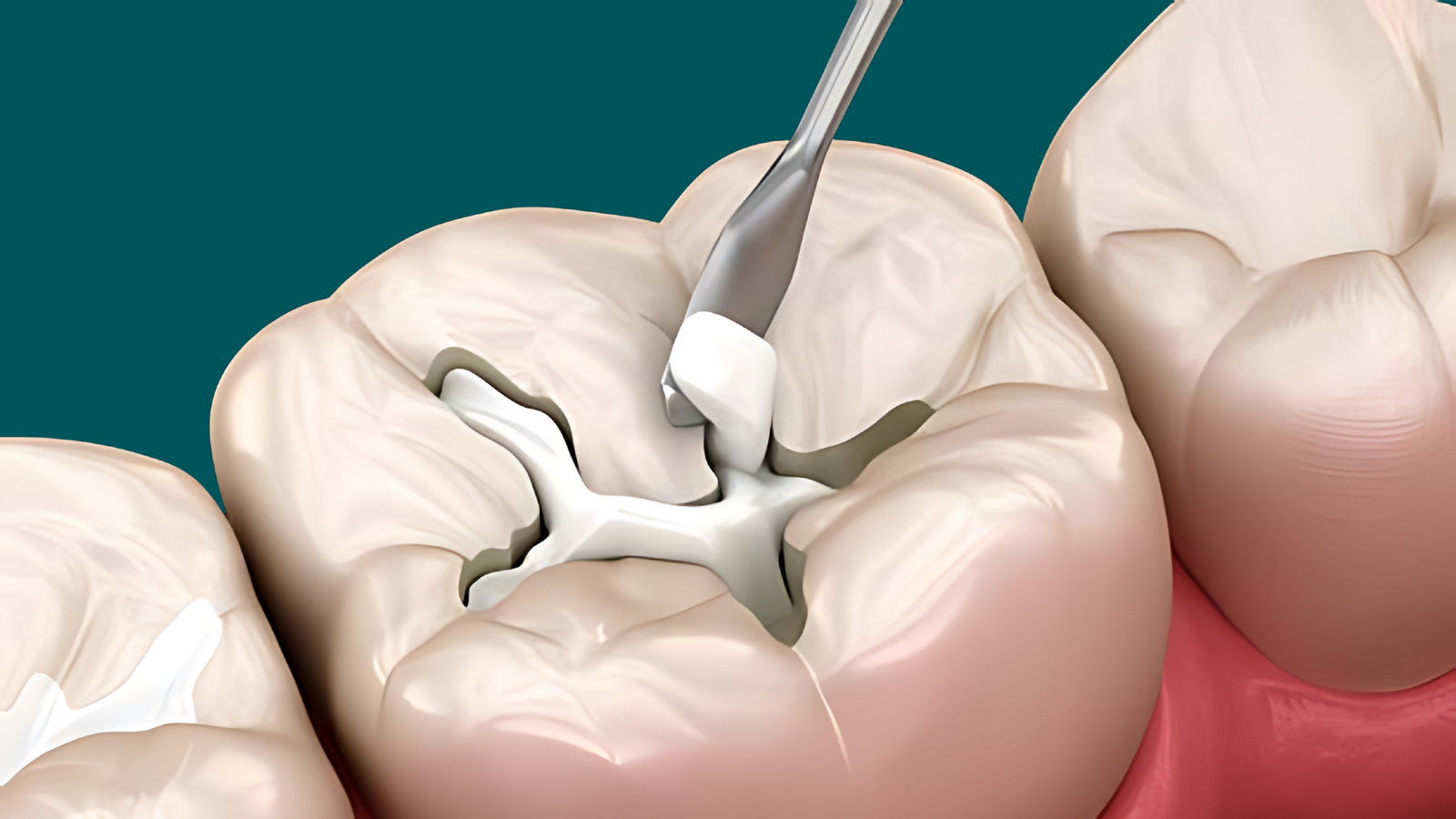Dental Crowns
Designed to enhance and protect your smile with elegance. Discover more below.
Full Functionality Restored
Aesthetic Harmony
Longevity
In a glance.
Consider Crowns When
- A tooth requires structural reinforcement due to decay or damage.
- A tooth needs aesthetic enhancement.
Consider Other Options If
- Tooth damage is minimal and can be treated with less invasive methods.
- Tooth damage is massive and not enough natural tooth left to securely attach a crown.
The Benefits
- Extends the life of your tooth.
- Matches your natural teeth shape and color.
- Restores your tooth’s strength and function.
- Minimum lifespan of 5 years.
The Drawbacks
- Invasive: Natural Tooth reshaping is necessary for crown fitting.
- Time: The complete process spans two visits or more.
Learn the process.
1. Initial Assessment
Determining your suitability for a dental crown.
2. Material Selection
Choosing the right crown material to meet your aesthetic and functional needs.
3. Tooth Preparation
Shaping the tooth to ensure a perfect fit.
4. Impression Taking
Detailed impression of your tooth to guide the crown fabrication.
5. Crown Fabrication
Your crown is meticulously designed and created in the lab.
6. Final Fitting
Carefully placing and permanently securing your crown.
Learn More
First visit
Crown Preparation
Dental Impression
Temporary Crown
Second visit
Fitting Your Crown
Securing Your Crown
Which material is right for you?
Zirconia
For ultimate properties
E.Max (LD)
For great properties
PFM
For good properties
Porcelain
For aesthetics
Metal Alloy
For function
A message from Mirage Dental Clinic.
Steps and care
Every phase detailed, ensuring your crown’s lasting brilliance and health.
Before having a crown
Between sessions
After having a crown
Crown care
Things to Avoid
Frequently asked.
Dental crowns offer multiple advantages, including:
- Restoring Integrity: Revive worn, broken, or decayed teeth to their former strength.
- Protection: Guard against erosion and further wear.
- Functionality: Improve chewing, making eating more comfortable.
- Aesthetics: Enhance the appearance of your smile for a confidence boost.
- Durability: With proper care, crowns can last between five to fifteen years, providing a long-term solution for dental health.
While beneficial, dental crowns come with some considerations:
- Enamel Removal: The procedure involves removing some natural tooth enamel.
- Sensitivity: Teeth may be sensitive post-placement, typically subsiding after a few weeks.
- Durability: Crowns can break or fracture with time.
- Fit and Decay: Improperly fitted crowns can harbor bacteria, risking decay.
- Allergic Reactions: Though rare, some individuals might react to crown materials.
- Cost: The investment in crowns can be significant, depending on the material and procedure.
Dental crowns typically last between five to fifteen years. Signs of wear, damage, or deterioration indicate the need for a crown replacement.
Dental crowns themselves shouldn’t cause pain. Post-placement sensitivity is normal but should not result in significant discomfort. If you experience pain during the procedure, informing your dentist allows for additional anesthesia to ensure comfort.
Choosing between a dental crown and a veneer depends on your unique dental needs. A crown envelops the entire tooth, while a veneer is a slim porcelain layer that adheres to the tooth's front side.
- Veneers: Ideal for cosmetic improvements, they address visual imperfections like chips, cracks, and discoloration.
- Crowns: Serve a restorative purpose, focusing on tooth health but also offer aesthetic enhancement.
Your decision hinges on whether your priority is cosmetic enhancement or the restoration and health of your teeth.
No, there's no distinction between a dental cap and a crown; they're the same restoration. "Cap" is simply another term used for crowns, referring to how they cover the tooth.
Speak with our dentists.
Alternative Options.
Discover choices beyond crowns.

